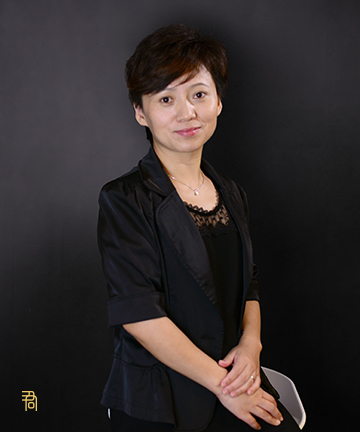On September 15, 2025, the State Administration of Foreign Exchange (SAFE) issued the Circular on Deepening Reforms in Foreign Exchange Management for Cross-Border Investment and Financing (Huifa [2025] No. 43) (Circular 43), which introduces reforms to foreign direct investment (FDI), cross-border financing, and the payment of foreign exchange income under the Capital Account. Most of the content of Circular 43 pertains to detailed foreign exchange management measures that do not require any special attention. However, it is noteworthy that the Circular 43 updates the negative list governing the use of foreign exchange income under the Capital Account (Capital Account refers to the component of a country’s balance of payments that records transactions involving cross-border investments and capital transfers) and its RMB settlement proceeds for domestic payments.
According to Circular 43, firstly, non-financial enterprises, e.g., a non-financial institution foreign invested enterprise (FIE), such as a wholly foreign-owned enterprise (WFOE), must adhere to the principles of authenticity and self-serving purposes when utilizing its foreign exchange income under the Capital Account, either a capital injection from the foreign shareholder or a foreign loan, and its RMB settlement proceeds. Secondly, such foreign exchange income and its RMB settlement proceeds must not be used in the following three areas (collectively “the Negative List”):
1.They must not be used directly or indirectly for expenditures prohibited by national laws and regulations;
2.Unless otherwise explicitly specified, they must not be used directly or indirectly for securities investment or other wealth management products (with the exception of wealth management products and structured deposits with a risk rating of level two or below);
3.They must not be used to extend loans to non-affiliated enterprises (unless explicitly permitted by their business scope).
Circular 43 removes the previous negative list item prohibiting the purchase of non-self-use residential properties but retains the three prohibitions listed above. As explained by SAFE in its Q&A session, the prohibition on the purchase of non-self-use residential properties was introduced against the backdrop of an overheated real estate market. Given the altered conditions in the real estate market, SAFE decided to remove this prohibited area from the Negative List.
For a long time FIEs were prohibited from using the RMB proceeds settled from their forex capital in two areas: firstly, the proceeds must not be used directly or indirectly for securities investment; from a legal perspective, we believe foreign exchange authorities have the discretion to determine whether this restriction is being circumvented indirectly based on the principle of substance over form, secondly, the proceeds must not be used to extend loans to non-affiliated enterprises; in our observation of the practice, for an invested company controlled or participated in by an FIE, it should be considered an affiliated enterprise of the FIE, and thus the FIE may extend loans to it. Circular 43 continues these longstanding policies and based on our observations, these policies are likely to remain in effect for a considerable amount of time. FIE clients are advised to remain vigilant and comply with the requirements of the above Negative List when planning and determining the use of RMB proceeds settled from forex capital.







